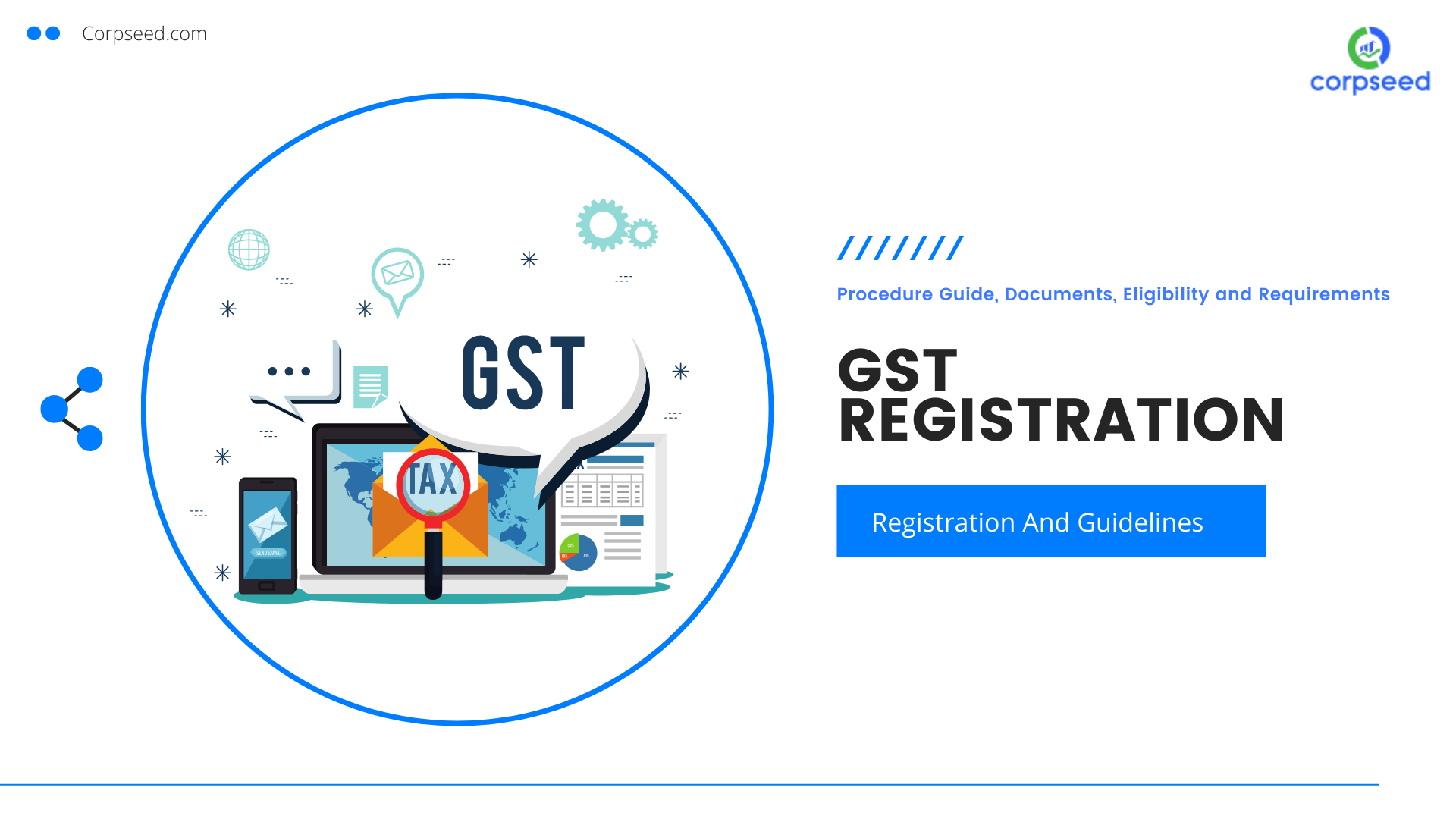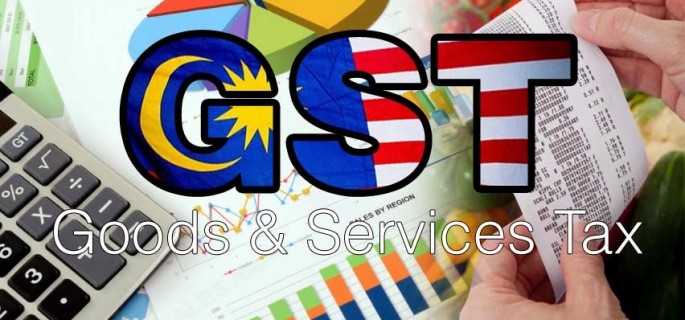Why CFO Account & Services is the Preferred Selection for GST Registration in Singapore
Why CFO Account & Services is the Preferred Selection for GST Registration in Singapore
Blog Article
Browsing the Complexities of GST Enrollment: A Comprehensive Overview for Entrepreneur
Navigating the intricacies of GST registration can be a difficult task for many entrepreneur, as it involves a myriad of regulations, guidelines, and processes that need to be stuck to. With the ever-evolving landscape of tax obligation laws, guaranteeing compliance and understanding the ins and outs of GST registration is important for the seamless procedure of any type of business. From figuring out eligibility and collecting the necessary documents to optimizing operations for optimal efficiency, this detailed guide intends to provide local business owner with the understanding and devices required to browse the intricacies of GST enrollment efficiently.
Qualification for GST Registration
Entrepreneur need to fulfill particular standards to determine their qualification for GST enrollment. As a whole, services with an annual turn over going beyond a certain threshold are called for to sign up for Goods and Solutions Tax Obligation (GST) This threshold varies by nation, however it is necessary for entrepreneurs to remain informed regarding the details regulations in their territory. In addition, companies included in interstate products, shopping, or the provision of specific specified services and goods may also be mandated to register for GST, no matter of their turn over.
Additionally, companies that are signed up under any type of previous tax regime, such as Barrel or service tax obligation, are commonly needed to transition to GST enrollment. By adhering to the essential requirements, companies can efficiently navigate the intricacies of GST enrollment and operate legitimately within the tax structure.
Files Needed for Registration
To finish the GST registration procedure, businesses require to collect and submit a thorough set of records. The essential records required for GST enrollment commonly include evidence of company enrollment or incorporation such as the Certification of Incorporation, partnership act, or any various other enrollment certificate. In addition, businesses need to provide identity and address evidence of the partners or marketers, which can be in the form of Aadhar card, PAN chauffeur, card, or key's permit. Financial records such as bank statements, proof of business like rental agreement or electrical energy bill, and accredited signatory information are additionally important for the registration process.
Moreover, specific documents connected to the nature of business, such as a list of goods or services provided, HSN codes for products, and cavity codes for solutions, might be needed - Why choose CFO Account & Services for GST registration in Singapore. It is important for services to make sure that all files submitted are accurate, current, and in the suggested style to avoid any kind of delays or difficulties in the GST enrollment process
Refine of GST Registration
Having set up the requisite paperwork, companies proceed to start the GST registration procedure by engaging with the online website designated for enrollment. This online site is the Goods and Provider Tax Network (GSTN) website, which offers as the primary system for all GST-related activities in India. Upon accessing the site, companies are called for to submit the GST enrollment form with exact information regarding their company tasks, turnover, and other appropriate information.
Once the kind is completed and submitted on the website, the GSTN validates the information provided by the service. Following successful verification, a GST enrollment certification is provided to the organization entity.
It is necessary for companies to make sure that the info supplied during the GST enrollment my blog process is precise and as much as date to prevent any type of potential issues or delays in obtaining the GST registration certificate.
Understanding GST Compliance

Businesses need to be knowledgeable about the numerous GST conformity demands based on their turnover, nature of solutions or items, and the states in which they run. It is vital to remain updated on any changes in GST legislations and guidelines to avoid any type of non-compliance problems.
Non-compliance with GST policies can result in substantial penalties, charges, and even lawful repercussions. Businesses have to spend time and resources in enlightening themselves and their personnel on GST compliance. Looking for professional assistance from tax obligation experts or specialists can also aid in navigating the intricacies of GST conformity and making sure that organizations run within the legal framework.

Tips for Optimizing Service Operations
For improved performance and productivity in organization operations, calculated planning and streamlined procedures are vital parts. One suggestion for maximizing company procedures is to leverage technology properly.
Another vital aspect is prioritizing jobs based upon their significance and due dates. By developing a clear hierarchy of tasks and establishing practical timelines, companies can make certain that essential tasks are finished on time. Promoting a society of open interaction and cooperation amongst group participants can lead to increased efficiency and innovation.

Final Thought
Finally, browsing the intricacies of GST enrollment calls for a clear understanding of qualification standards, essential records, enrollment procedures, and conformity needs. By sticking to these standards and enhancing service operations, entrepreneur can guarantee smooth operations and conformity with the GST guidelines. It is necessary for services to remain educated and updated on GST regulations to avoid any kind of fines or lawful problems.
The essential documents needed for GST enrollment usually consist of proof of company registration or unification such as the Certification of Consolidation, partnership act, or any type of other enrollment certification.Having set up the requisite documents, businesses continue to start the GST enrollment procedure by engaging with the on the internet portal designated for registration. Upon accessing the site, businesses are needed to fill up out the GST enrollment form with precise information concerning their organization activities, turn over, and various other pertinent information.
In order to keep adherence to GST laws and avoid fines, companies have to prioritize comprehending GST compliance. By sticking to these standards and maximizing organization procedures, business proprietors can make certain smooth operations and conformity with the GST policies.
Report this page